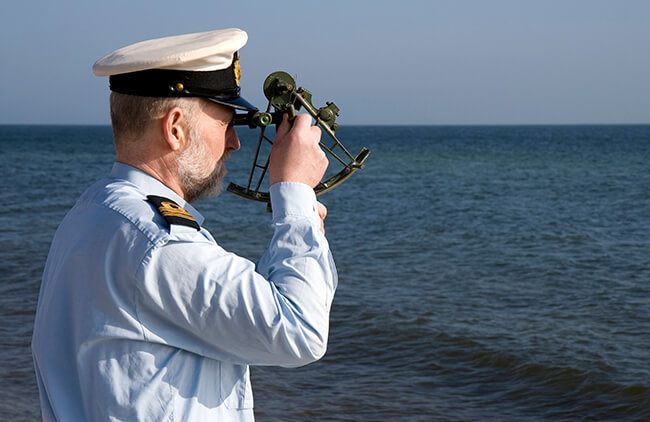
Goodfuels Successfully Trials World’s First Ultra Low Carbon And Sulphur Drop In ‘Bio-Fuel Oil’
December 3, 2018
MT-FAST Receives Japan’s 2018 Minister Of The Environment Award
December 3, 2018
International Transport Intermediaries Club (ITIC) has warned that the role of an expert witness should not be undertaken lightly and that all professionals acting in this capacity should be aware that they could face legal action for negligence.
In the latest issue of its online newsletter, The Wire, ITIC cites a case involving an explosion on board a yacht at a marina which resulted in an insurance claim being made against the owner. An expert appointed by the insurers to investigate the cause of the loss concluded that the explosion and fire were the results of a deliberate act by the owner.
The insurers rejected the claim for a number of reasons, and the owner challenged the insurer’s decision in the local court, which found in favour of the insurers because the owner had been working on the vessel without the requisite authority. Therefore, irrespective of the allegation of arson, the policy did not have to respond to the loss.
The owner then claimed €650,000 in damages for defamation in respect of the allegations of arson raised in the expert’s report. Proceedings were issued against the insurers and the expert.
The insurers wanted the expert to pay the costs of the defence of the defamation claim, based on the fact that it was the allegation in the expert’s report that had given rise to the issue. ITIC, however, persuaded the insurers that they should support their expert, especially since they were, in part, relying on the report to reject the claim. ITIC said that, if it turned out that the report was negligent, the insurers could make a claim against the expert which would fall under their ITIC cover but, until then, the insurers should defend the expert. The insurers accepted that position and the claim was ultimately rejected by the courts.
ITIC says, “In addition to potential liabilities, even an ‘innocent’ expert can face substantial legal costs dealing with a claim. At best, only a proportion of these costs will ever be recovered.”
l ITIC recently held an expert witness panel discussion at its London offices where the subjects under discussion included the liability of the expert, the incorporation of standard terms and conditions, and effective report writing. The latest edition of The Wire includes articles on these and other issues, as well as a list of ten golden rules of loss prevention for expert witnesses. These include not allowing the desire to help a client blind one to the evidence, not allowing oneself to be bullied, challenging inadequate or misleading instructions, not accepting instructions if it means an inability to remain independent, and not straying outside areas of expertise. “To err is human,” concludes ITIC, “ – the answer is insurance.”
Press Release
Source: Maritime Shipping News



